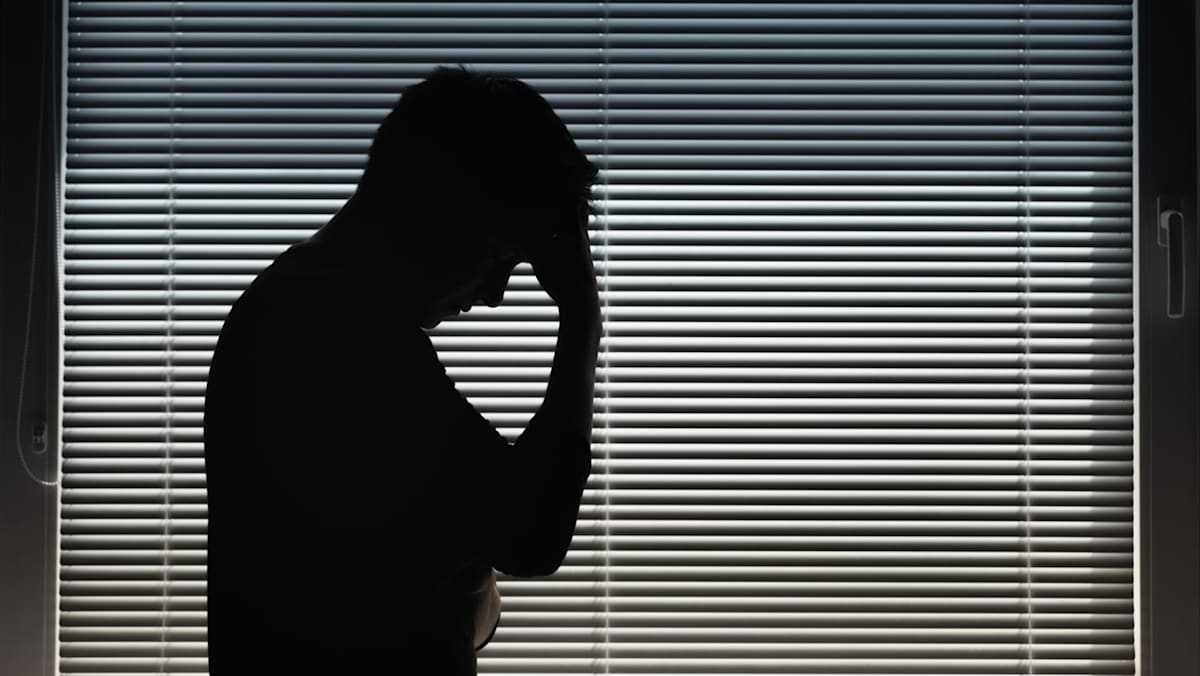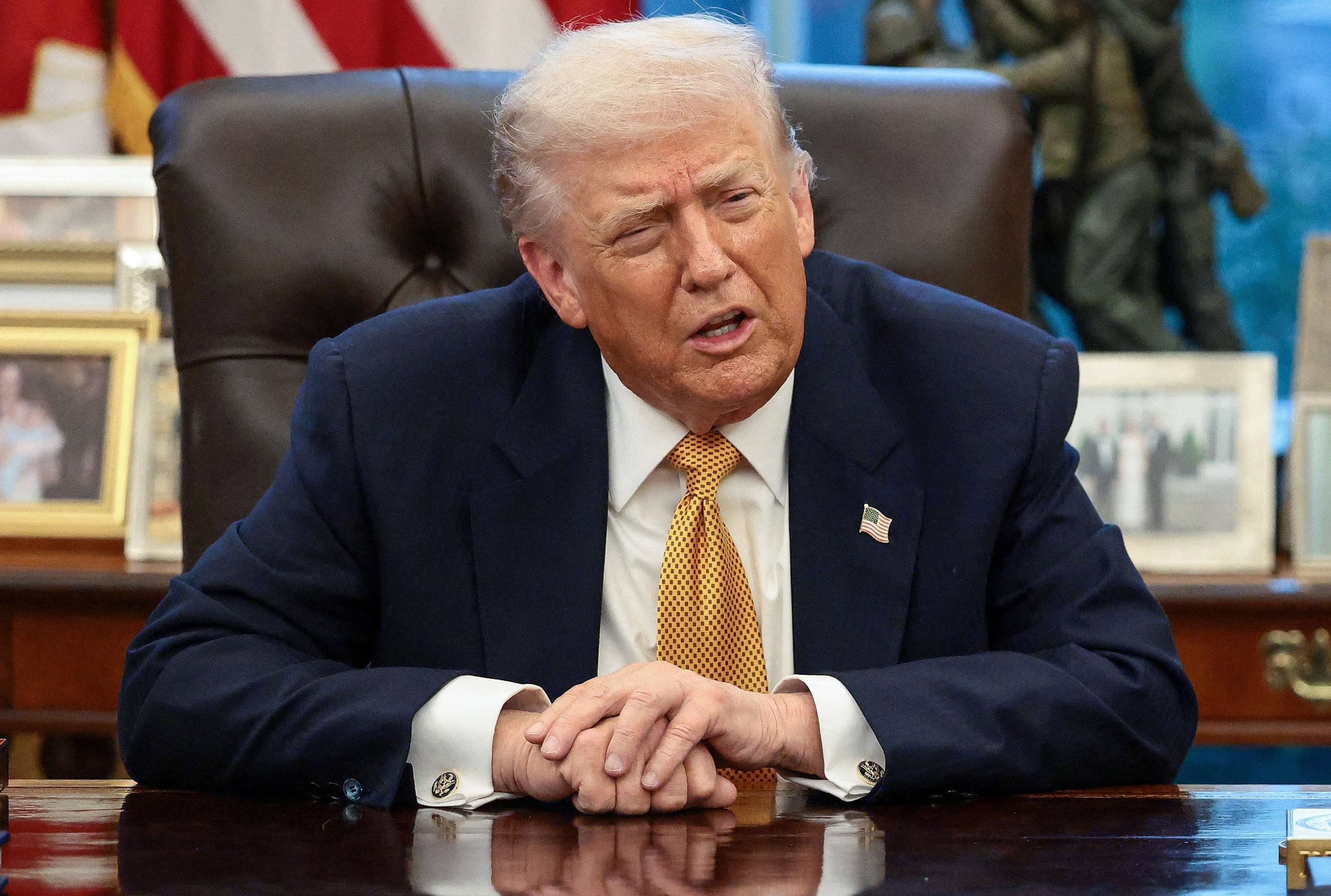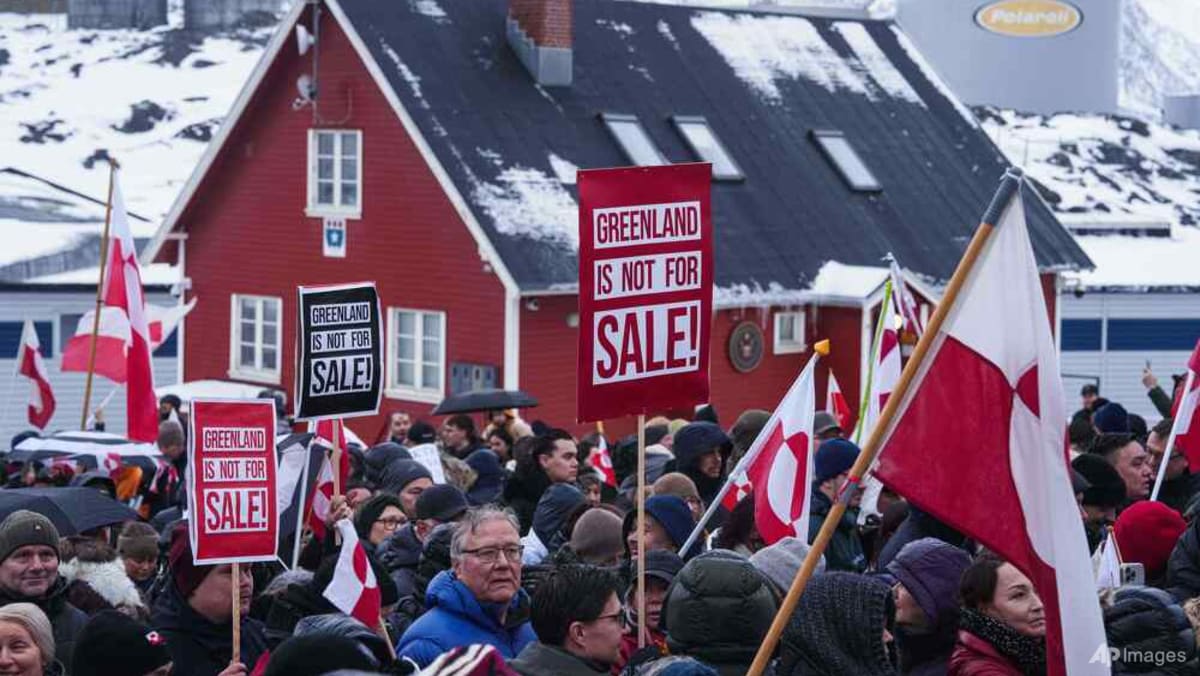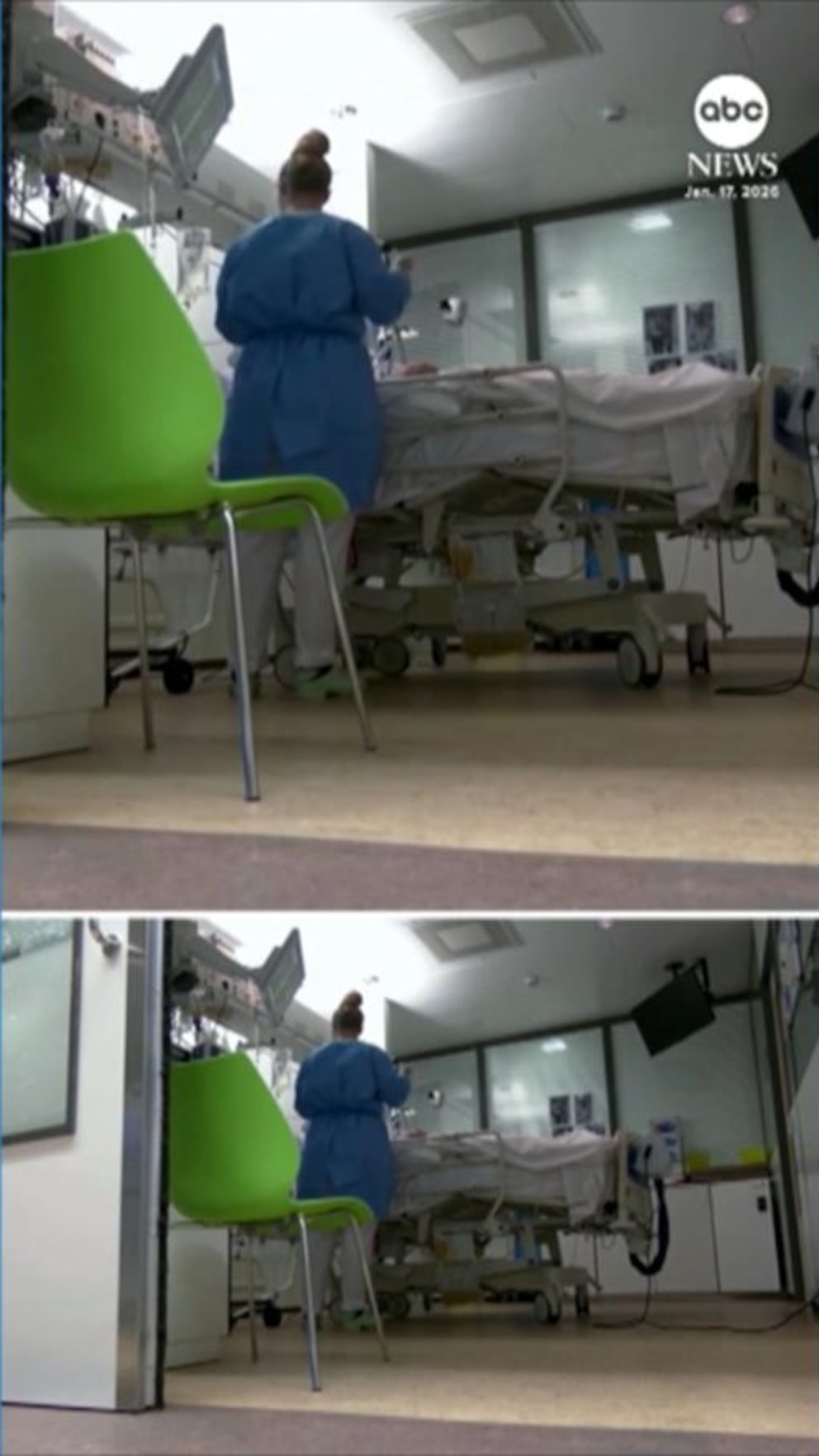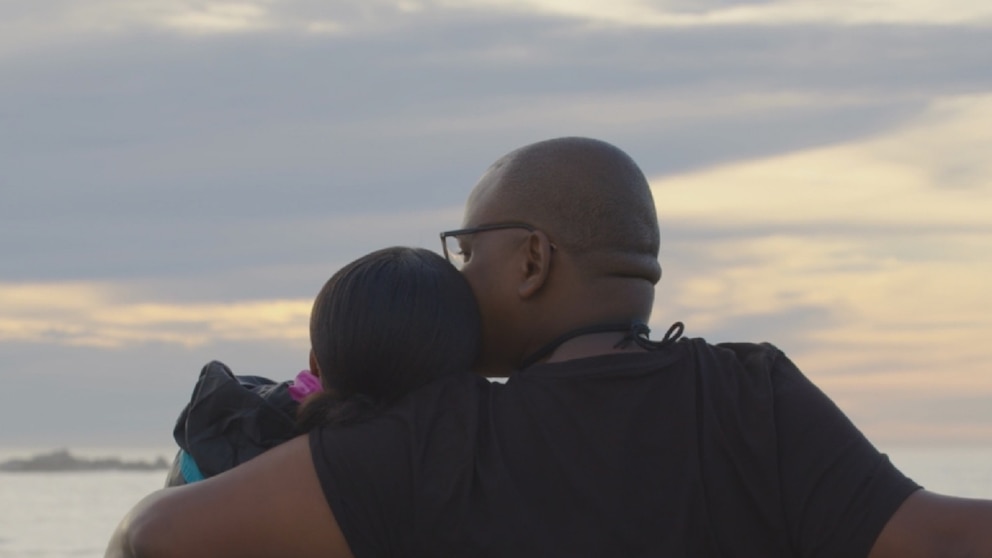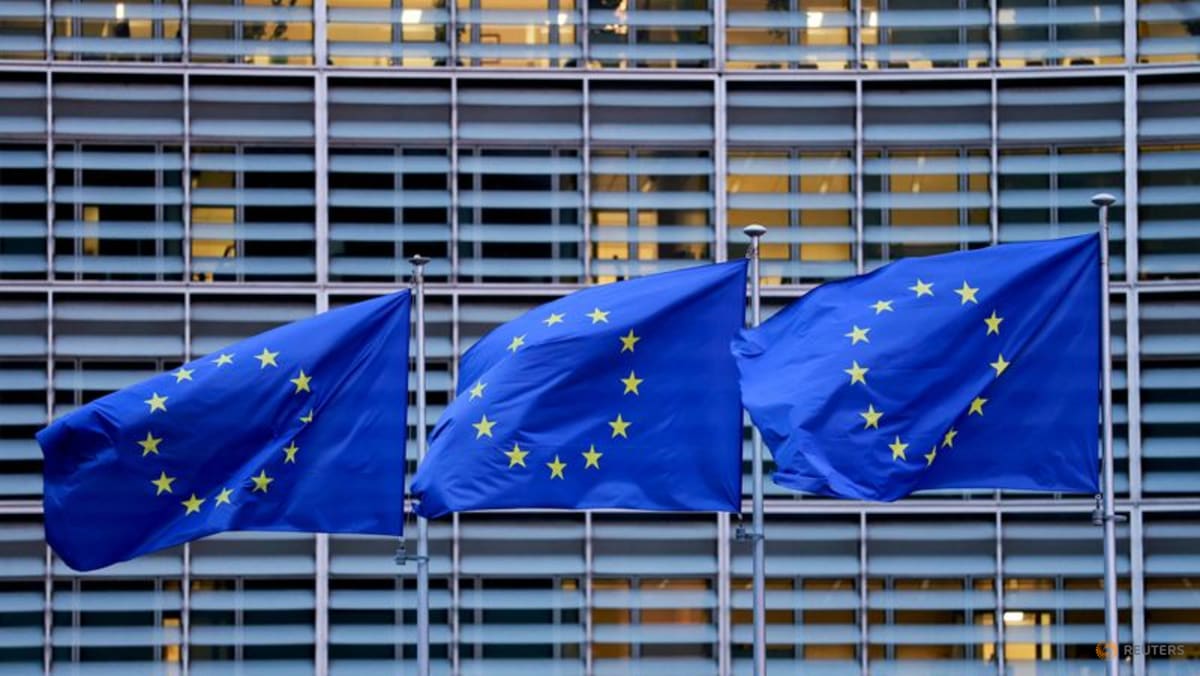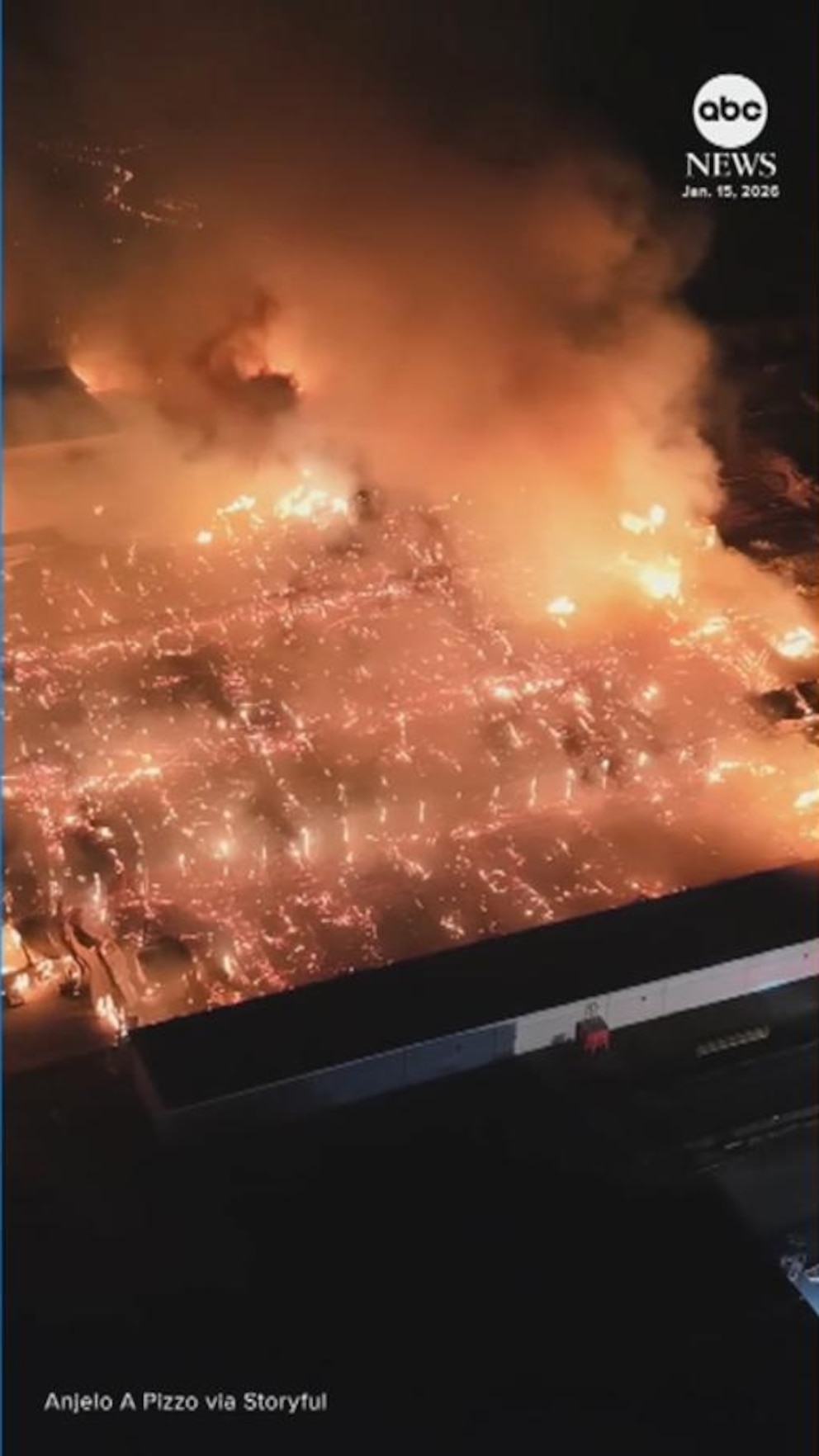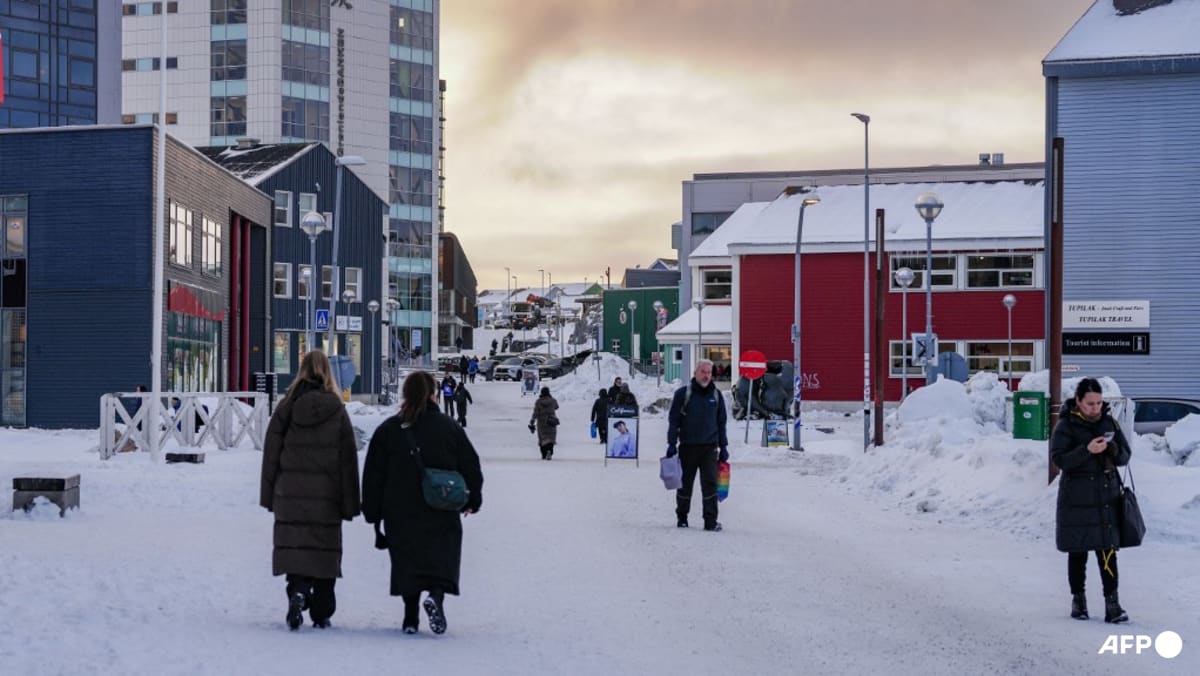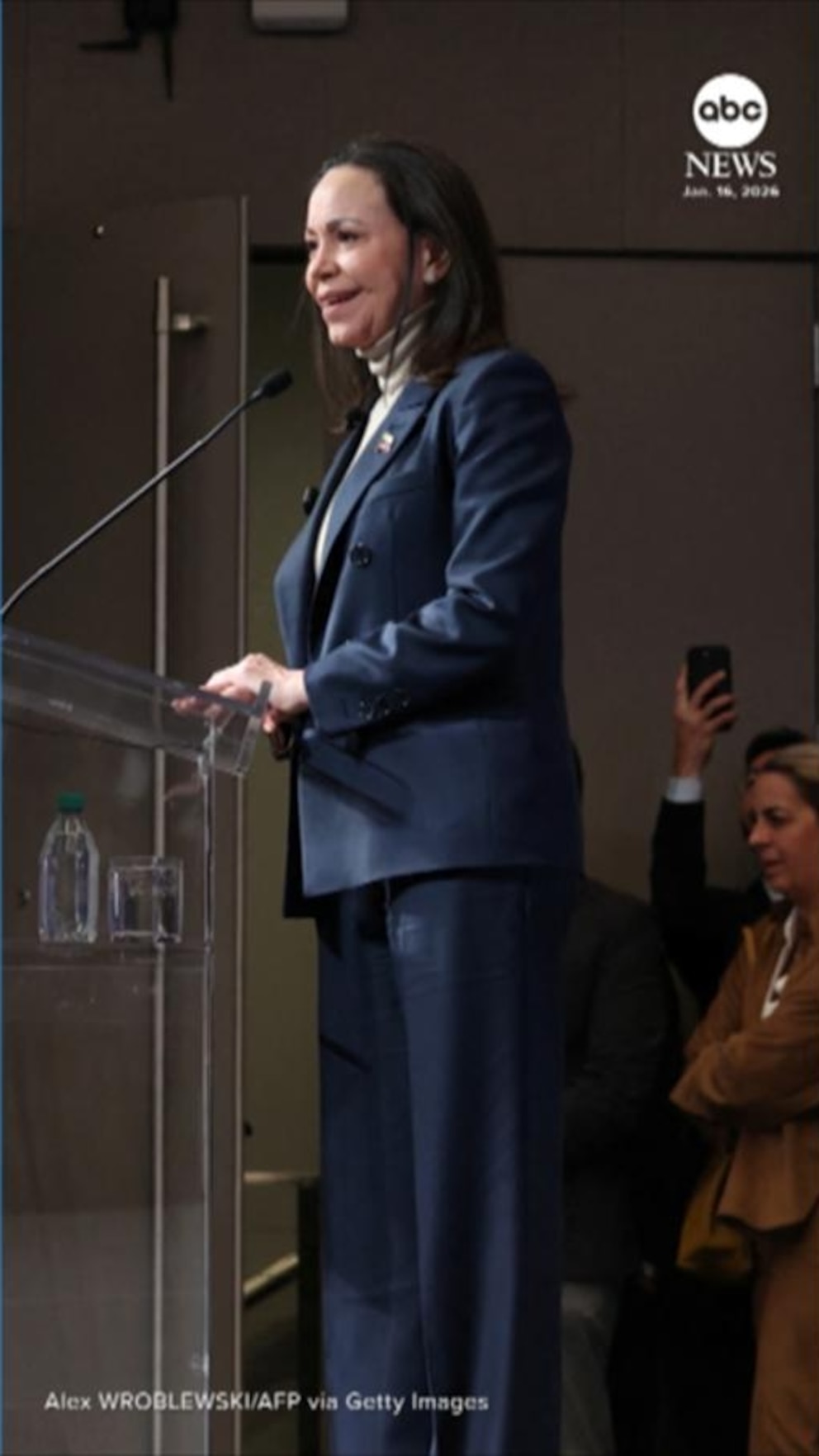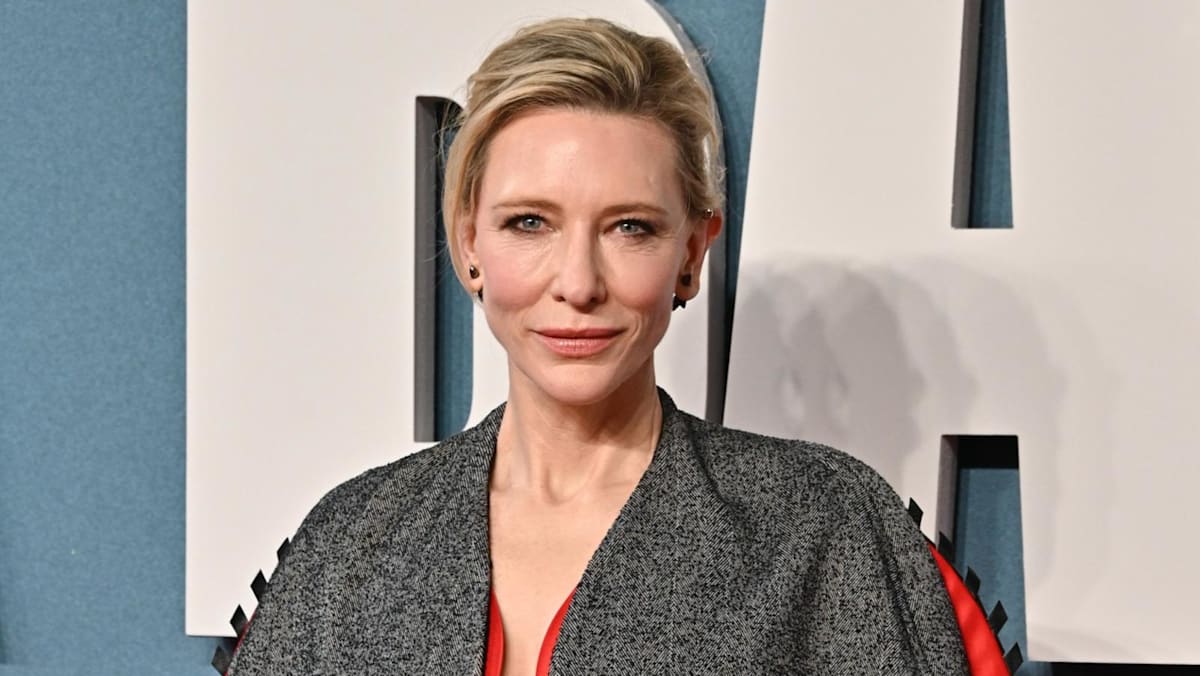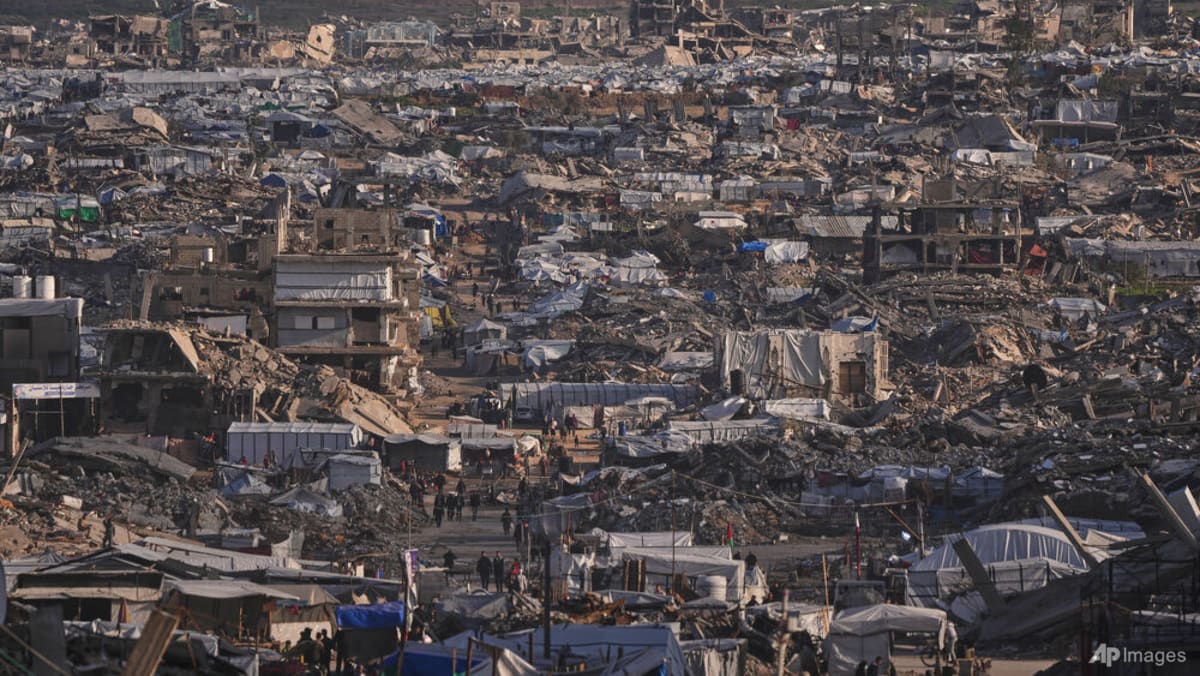Iran’s president warns of ‘irreversible’ consequences of wider regional war

Tens of thousands of people have been displaced from towns and villages on both sides of the border by near-daily exchanges of fire between Israeli forces and Hezbollah. Israel has said it prefers a diplomatic solution that would have Hezbollah moved farther back from the border.
However, Hezbollah, which also says it wants to avoid all-out conflict, says that only an end to the war in Gaza will stop the fighting. Gaza ceasefire efforts are deadlocked after months of faltering talks mediated by Qatar, Egypt and the United States.
Iran’s regional policy is set by the elite Revolutionary Guards, who answer only to Supreme Leader Ayatollah Ali Khamenei, the country’s top authority.
Pezeshkian has repeatedly affirmed Iran’s anti-Israel stance and its support for resistance movements across the region since taking office last month.
Asked if Iran would retaliate for the assassination of Palestinian militant group Hamas’ leader Ismail Haniyeh on its soil in late July, Pezeshkian said: “We will respond at the appropriate time and place, in an appropriate manner.”
Haniyeh’s killing, which both Tehran and Hamas have blamed on Israel, has aroused fears of direct conflict between Tehran and its arch-foe Israel in a region shaken by Israel’s war in Gaza and a worsening conflict in Lebanon.
Iran’s powerful Guards and Khamenei have vowed “severe” revenge for Haniyeh’s killing, which happened while he visited Tehran. So far, Tehran has held back from direct retaliation against Israel, which has neither confirmed or denied its involvement.
Three senior Iranian officials told Reuters in August that Tehran has been involved in intense dialogue with Western countries and the United States to calibrate retaliation against Israel for Haniyeh’s assassination.
Pezeshkian said they “were told that within a week there will be a ceasefire agreement” between Israel and Iran-backed Hamas, “but that week has never come and instead Israel has kept expanding its attacks”.
Source: CNA


